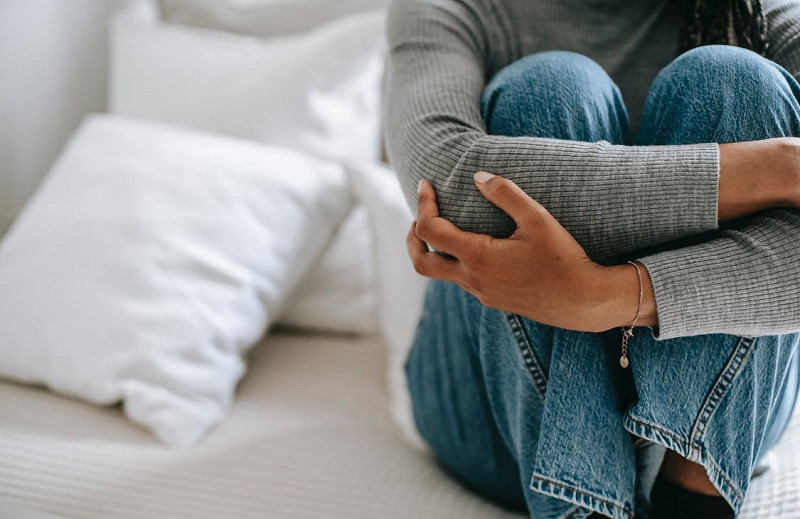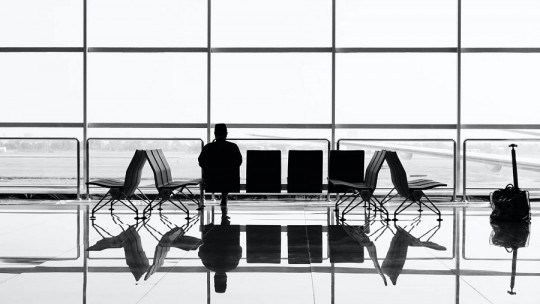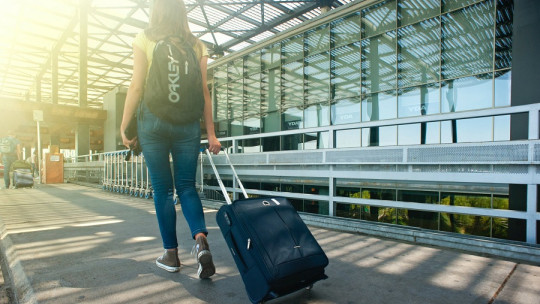
There are many studies that show how having the opportunity to disconnect from work for several days through a vacation has a beneficial effect on people’s mental health and general well-being.
However, we must not overlook that, even if indirectly, the vacation period can also trigger some psychological complications that harm us. Complications that, although they do not constitute psychopathologies, do make us feel bad for a few days or even weeks, and that even make us less capable of functioning well when interacting well with the world and with others.
The clearest example of the latter is found in post-vacation syndrome In this article you will find some advice on how to deal with it and how to deal with the return of the holidays and its psychological impact on you.
Why is it normal for us to have a hard time adapting to our routine again after the holidays?
Going from a period of rest and leisure to another in which we have many more responsibilities and tasks to do implies making changes both in the way we behave and in our way of thinking.
Besides, In many cases this also coincides with a physiological and psychological transition phase: There are many who, upon returning to work, need to readjust their sleep schedule because they have spent many days or weeks going to sleep at a time very different from that which characterizes their work days.
This set of psychological and biological changes arrive relatively abruptly (literally, overnight) and can emotionally destabilize some people, although not so intensely that a mental disorder arises. This is what happens when what we call post-vacation syndrome occurs: The person feels dislocated and disillusioned with their present when guided by the parameters and routines they had been using during the holidays
Thus, this transition between vacation and return to routine usually involves making different types of readjustments:

How to face the return of the holidays while taking care of your emotional well-being?
Each person is different, but beyond the scope of psychotherapy there are some general tips about what to do that can help in these cases of returning to routine after the holidays. Let’s see what they are.
1. Establish a clear sequence of activities according to your priorities
When you return from vacation, you may be overwhelmed by the feeling that work is suddenly piling up. To avoid this, focus first of all on ordering your activities, establishing a very clear chain of tasks.
This way you will be less likely to be paralyzed by stress and you will not be so “scared” to think about those activities that you have to take care of because you will not see them as a set, but your attention will automatically go to the task at hand for the next few minutes or hours, and this is not so intimidating.
2. Return to your normal sleep rhythms
It is very important that you rebalance your sleep schedules as soon as possible, so that you can go to sleep at a time that allows you to rest for sufficient time. The reason is that Sleeping poorly for many days in a row will put your mental health and also your work performance in check
Don’t leave it for another day; go to bed at the time that should define your new schedule; Even if you are going to sleep little that night because it is difficult for you to fall asleep, surely the next day you will no longer have that problem.
3. Keep making time for your hobbies
Returning from vacation does not mean dedicating all our energies to work or/and household chores. As much as possible, continue to reserve times of the week to do what you want so that the transition between vacation and the post-vacation period is not so abrupt.
Plus, you’ll be less likely to get frustrated associating good times with just the holidays, and you won’t need to recall those memories over and over again.
- Related article: “Time management: 13 tips to take advantage of the hours of the day”
4. Use relaxation techniques
Relaxation techniques They can help you do a mental “reset” at key moments when you notice that stress is affecting you too much. Spend a few minutes on them and you will notice the difference in a few days, as you practice.
- You may be interested: “6 easy relaxation techniques to combat stress”
5. Practice exercise
The exercise is a very good way to disconnect and leave behind the intrusive thoughts that sometimes arise at work Furthermore, if you adopt a rather passive attitude in your free time, it is easier for you to feel bad for being bored much more than on vacation and for you to start thinking about them over and over again.
You can incorporate two or three sessions of moderate exercise into your weekly routines.
- Related article: “The 10 psychological benefits of practicing physical exercise”
Are you interested in having psychological help?
If you are considering attending a psychology consultation to learn how to better manage your emotions and habits, contact us.
In PSiCOBAi We serve people of all ages, and we offer personalized attention in person and also online by video call.








